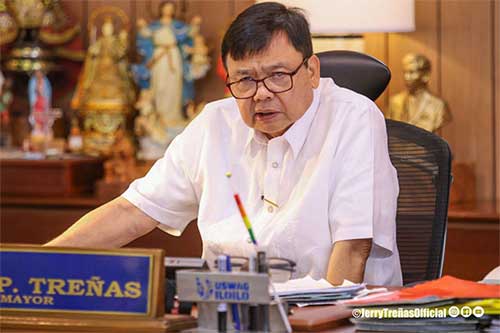By Francis Allan L. Angelo
The Philippines achieved a record-low unemployment rate of 3.1% in June 2024, a significant drop from 4.5% in June 2023, according to the Philippine Statistics Authority (PSA).
The latest rate matches the record set in December 2023 and represents the lowest unemployment rate in nearly two decades.
The National Economic and Development Authority (NEDA) highlighted the government’s commitment to creating high-quality job opportunities as the country’s labor market remains robust and resilient.
“The government’s swift implementation of infrastructure projects and the continued improvement of operating conditions for manufacturing firms have led to these employment gains. Increasing investments in renewable energy, water supply, and mining and quarrying have also supported employment growth in these areas,” NEDA Secretary Arsenio M. Balisacan said in a statement.
In June 2024, the Philippines recorded 50.3 million employed individuals, with the services sector leading at 58.7% of the total employed population.
Significant employment growth was observed in the construction (+938,000) and manufacturing (+353,000) sectors.
However, employment contracted in the agriculture and forestry (-916,000) and fishing and aquaculture (-81,000) sectors, attributed to weather disturbances, natural disasters, pest and disease infestations, and escalating tensions in the West Philippine Sea.
The PSA also reported a slight increase in the underemployment rate to 12.1% from 12.0% in June 2023, equating to 208,000 employees seeking more work hours or an additional job.
Despite this, the labor market’s improvement is evident with an increase in full-time (+3.1 million), wage and salaried (+2.0 million), and middle-skilled (+1.7 million) workers, alongside a decline in part-time (-1.5 million) and vulnerable employment (-521,000).
“To sustain these gains, we will persist in improving the country’s business climate to attract investments that generate higher-quality jobs. The government will address bottlenecks and expedite processes to fulfill investment pledges and reap the benefits of liberalization reforms,” Balisacan said.
The government is enhancing productivity by promoting the adoption of emerging technologies and upskilling and reskilling the workforce. Initiatives include establishing Industry 4.0 facilities led by the Department of Trade and Industry and the Department of Science and Technology.
These facilities aim to foster a collaborative learning environment for large enterprises, MSMEs, and the academe to share knowledge on industry 4.0 management and advanced production technologies.
The government also supports the full implementation of the National Artificial Intelligence (AI) Strategy Roadmap 2.0, which aims to strengthen the country’s capacity for sustainable digital transformation, innovation, and entrepreneurship in the digital economy.
NEDA is advocating for the passage of the Apprenticeship Bill, which will reform the apprenticeship program and equip the youth with job-ready skills through a blend of workplace training and classroom learning.
“While we see encouraging figures in terms of our job generation, we will continue to focus on generating high-quality and well-paying jobs to address the issue of vulnerable employment and ensure a brighter future for our Filipino workers,” Balisacan added.
The government’s efforts to create high-quality job opportunities and support the labor market are expected to further improve employment rates and economic stability in the Philippines.






















